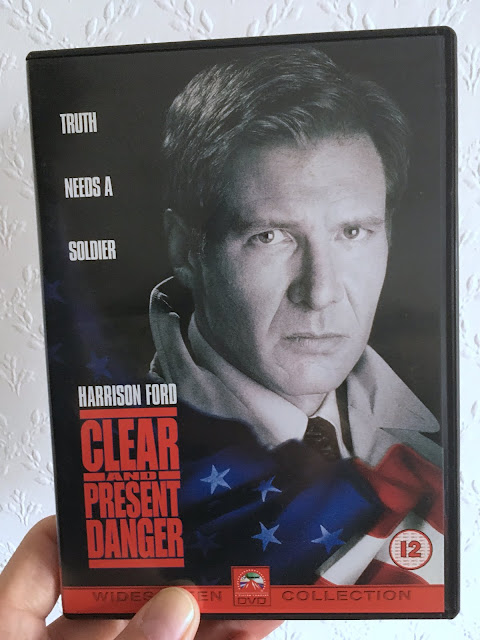
The last of the sequel trilogy had a lot to deliver, resolving not only the new sequence of films but also the entire saga. Did it achieve that? Well, sort of. Mostly.
It offers such a rich visual feast and a fairly full-on narrative. So much happens so quickly and there's a lot to take in. Unlike with Episode VIII, there’s no filler. The characters are stronger – there’s a warm feeling of “the old gang back together” – and the weaker ones from the last film (such as Rose) had been minimised.
Although the overall story worked, the plot was flawed in many ways:
• It's ludicrous to think of Palpatine (
Ian McDiarmid) having a wife and children, not to mention how he cheated death and came back to life (an increasingly common trick in Star Wars).
• General Hux (Domhnall Gleeson) being the spy was too convenient and unlikely. Couldn’t Kylo Ren (
Adam Driver) sense who was betraying him? He had pretty much every other power imaginable.
• Fin (John Boyega) suddenly developing Force sensitivity somewhat cheapens that power. Can anyone have it now? Perhaps it was just to give him more of a reason to exist, but I still think his character could have been combined with that of Poe Dameron (
Oscar Isaac).
• There’s a conspicuous lesbian kiss (seen among the celebrating Resistance fighters) for no apparent reason. This seems like a right-on gesture with no grounding in the plot logic.
• Even given the ending, in which Rey decides to consider Luke and Leia her true parents, the title made little sense.
Those points aside, there was a vast amount to enjoy.
Daisy Ridley was compelling as Rey and the complicated love story between her and Kylo Ren makes for a strong central theme.
I was surprised how much Carrie Fisher was in it, given that she died before filming – presumably a “deep fake” scenario rather than a repurposing of unused footage. Wasn’t expecting to see
Harrison Ford, either.
It was lovely to see a couple of Ewoks and a relief that there were no Gungans.
There were a few laughs – mainly banter from Poe.
The big “surprise” (unless you’d seen the trailer) return of Billy Dee Williams as Lando Calrissian was superfluous, but presumably they felt they needed everyone they could get from the old films.
It goes without saying that the effects were incredible. I loved it when Palp sent force lightning up into space.
All in all, a hugely entertaining romp.










